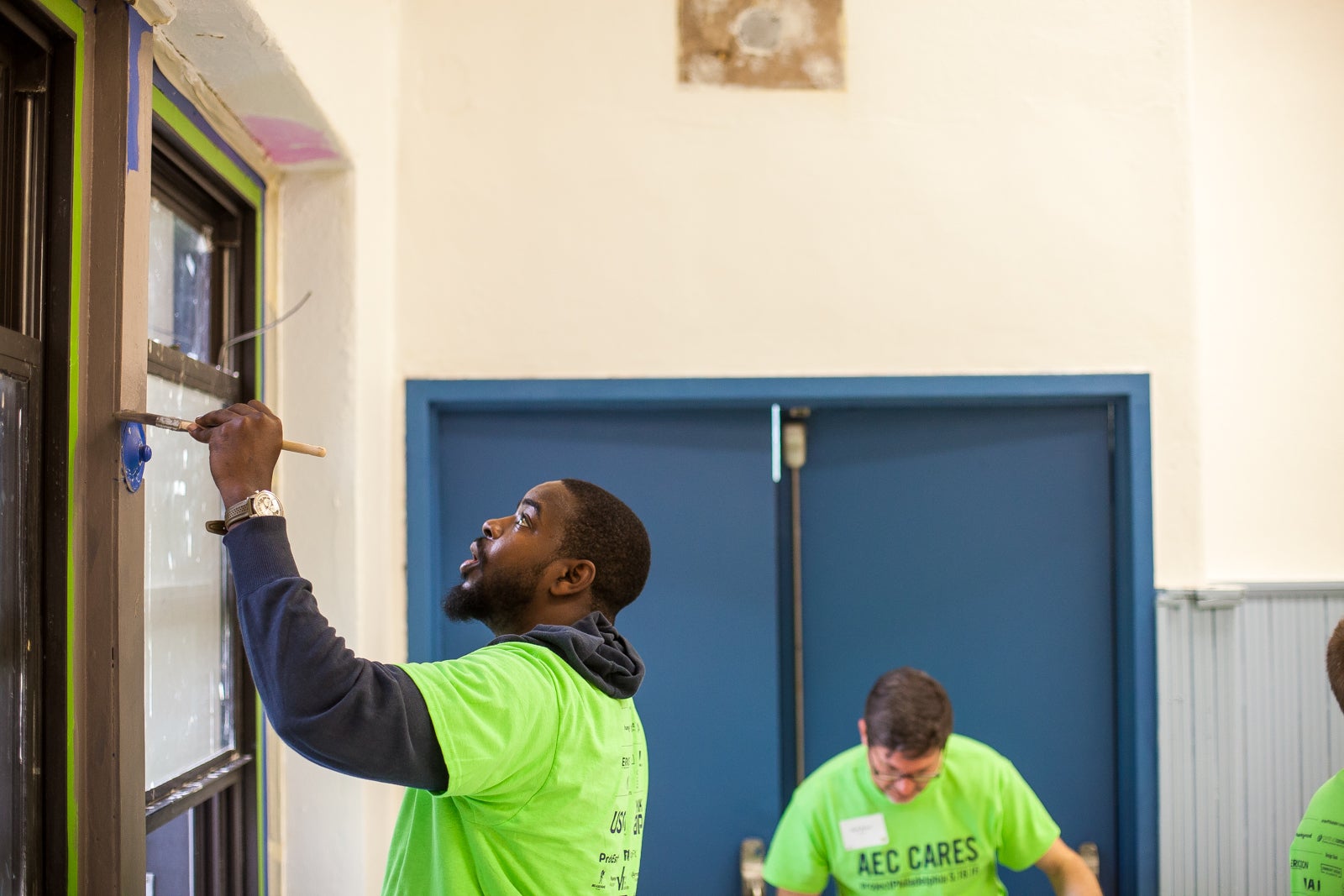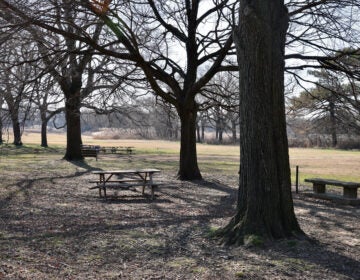As city waits on soda tax ruling, private sector pours on support for Rebuild

Given all the news stories that have described Rebuild as a “$500 million initiative,” you might have assumed that, at least by now, the project’s funding was set in stone.
While that’s largely true, there still are a few unknown variables for financing for Rebuild, Mayor Jim Kenney’s massive attempt to rewrite the future of the city’s rec centers, libraries, playgrounds, and parks.
One of those variables, which has received the most press, is the never-ending lawsuit challenging the validity of the soda tax, which the city has earmarked to pay off the interest on the $300 million in construction bonds. While city officials have acknowledged that Rebuild would crumble if the plaintiffs tied to the soft drink industry prevail, most observers believe the soda tax will be upheld by the Democrat-controlled state supreme court.
Another variable is philanthropic fundraising. From the start, Rebuild has been presented as a public-private partnership, with the William Penn Foundation’s $100 million commitment leading the way. While the soda tax remains in limbo, the nonprofit sector has already stepped up for Rebuild.
The latest sign came earlier this month, when the Knight Foundation awarded the Fairmount Park Conservancy $3.28 million for bolstering residents’ engagement in the city’s changing public spaces. While the grant is not going toward the $500-million purse of Rebuild, it’s very much intended to be part of the same ensemble.
“We’re trying to ride the Rebuild wave, which is investing on the physical capital side, and making an investment in the people capital — the communities that are going to be using the sites,” says Patrick Morgan, Knight’s Philadelphia programs director.
More than piggy-packing on Rebuild, Morgan says, the grant serves as a sign of the steadfast role that private partners play in helping to define public space in Philadelphia. For example, the Knight-funded Reimagining the Civic Commons, which began in Philadelphia and has since expanded to four other cities across the country, was a project managed by Fairmount Park Conservancy — itself a nonprofit — in collaboration with city departments.
This grant is a continuation of that work as much as it’s responding to Mayor Kenney’s agenda. “We’re inspired by Rebuild, but we also think the Civic Commons demonstration, which we started with William Penn [Foundation] in 2015, has inspired Rebuild, too,” Morgan said. “Hopefully, this work isn’t only going to inform Rebuild, but then inform a national conversation around doing engagement in different ways.”
The grant will fund work through the Conservancy for two to three years, which will aim to build up the capacity of friends groups (for libraries and parks) and recreation center advisory councils. Similar work is being done around Rebuild by both the city and the Philadelphia Parks Alliance. “Rebuild is a seven-year initiative that’s going to go away. These people are the folks who are going to be in neighborhoods for years and years to come,” says Jamie Gauthier, executive director of the Conservancy.
Through Civic Commons, the Conservancy was able to unlock new formats for community engagement that appeared far afield of the traditional archetype: a publicly noted 6 P.M. meeting in a church basement with your city council rep. One of the Civic Commons sites hosted a wildly successful outdoor festival that doubled as a way of recruiting fresh input about the park and new members to the park friends group, called the Viola Alley Connector. Gauthier intends to host neighborhood pop-up events in conjunction with the latest Knight grant, as well as initiatives aimed at citywide collaboration.
In the fall of 2018, the Conservancy is planning a summit of all the friends groups and advisory councils in the city — not just those for libraries, parks, or rec centers; but the three together at once — to foster “steps toward a better connection amongst these systems,” says Gauthier. “And to serve as a rallying opportunity for all of the really important community leaders involved.” Earlier this year, the Conservancy conducted a survey that reached 72 different friends groups to gauge, from the perspective of members, challenges to growth and retainment. What survey participants identified — including the aging leadership of friends groups and the need for conflict resolution — will in turn inform the work of this grant, says Gauthier.
Another piece of the grant is to convene a working group that includes city departments and nonprofits, including the Alliance, to ensure the separate efforts to boost community engagement around public space are communicating with one another.
One of the advantages to Rebuild’s unique delivery structure is the ability to raise outside funding to supplement the $300 million in bonds the city will be borrowing to pay for the project. Some of the William Penn Foundation’s $100 million will be designed as a matching campaign to attract additional funders, both local and national. A Philly.com editorial in February, written by Janet Haas, chair of the board at William Penn, praised the structure as a gateway for private sector involvement: “We believe the combination of these features holds great potential to leverage additional public and private funding, and may render Rebuild a new model for community reinvestment emulated by cities and communities across the country,” Haas wrote.
Even with the repeated delays to Rebuild’s funding, on account of the soda tax litigation, that promise is starting to take shape.
Dear reader, your support is essential for PlanPhilly’s independent, watchdog coverage. Please help us continue providing the local public interest news that you value in 2018 by making a tax-deductible donation during our once-a-year membership drive. Thank you for eleven great years of coverage on the built environment and counting!
WHYY is your source for fact-based, in-depth journalism and information. As a nonprofit organization, we rely on financial support from readers like you. Please give today.





